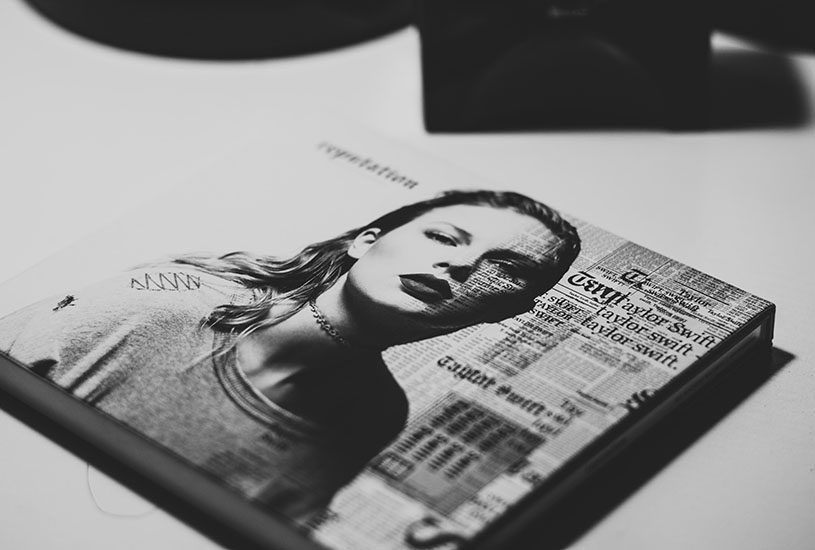Following the online outpour of bad blood between Taylor Swift and Scooter Braun, many are left wondering, what kind of rights do artists have to their own work?
Your worst nightmare come true
Creators slave away for hours to produce the perfect piece.
Director and screenwriter, Quentin Tarantino, plays a lengthy mind game with his audience.
You’ll never quite find out what Vincent and Jules found within the briefcase in Pulp Fiction, or if Mr. Pink got away with the duffel bag full of money at the end of Reservoir Dogs.
His creative works have found themselves at the centre of scandals and praise alike. He has painstakingly devoted years to creating some of the most well-known films in society.
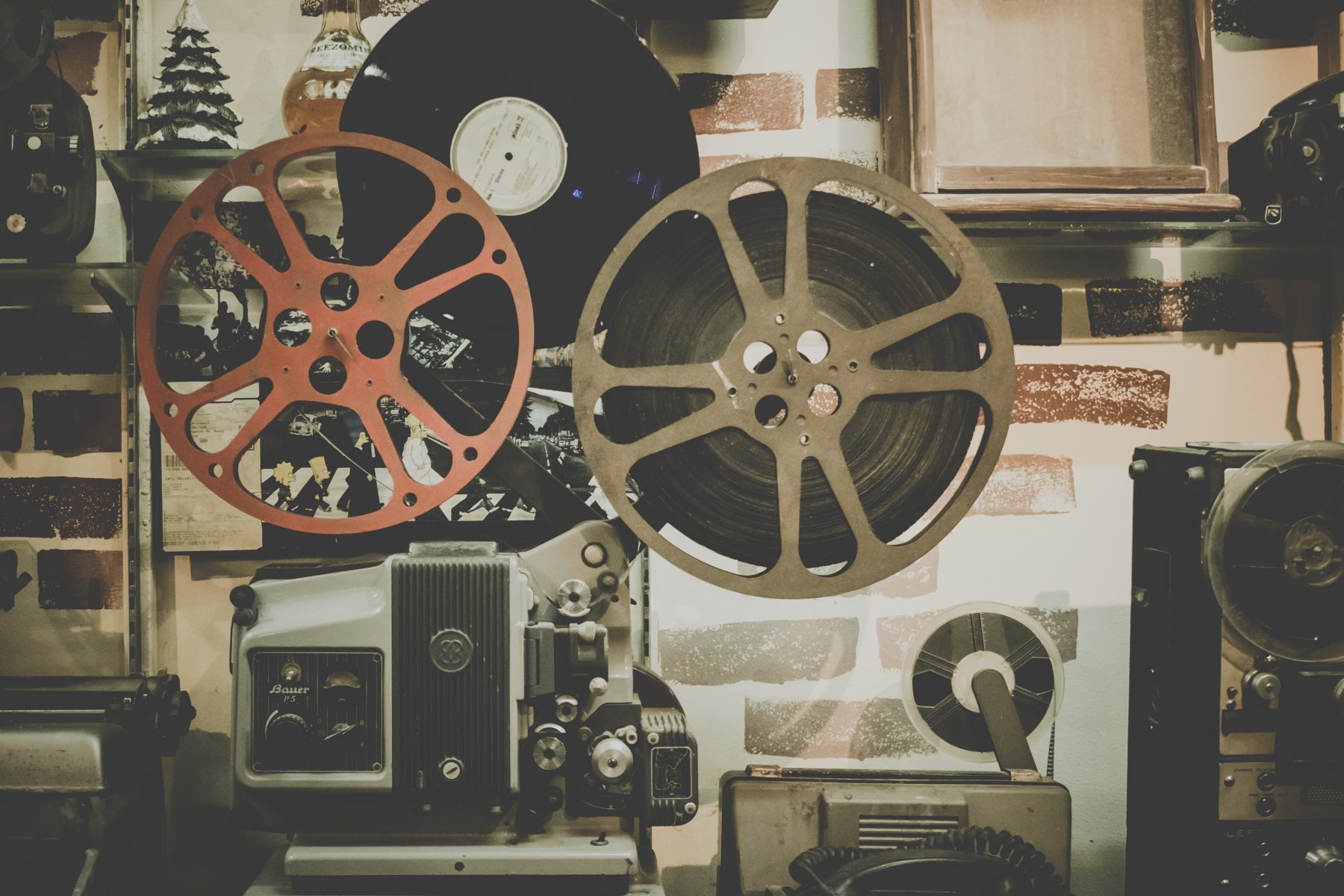
Imagine finally finishing a manuscript for your debut novel. It gets published and you’re making millions from the sales. An instant worldwide hit!
You’ve made the New York Times bestseller list and soon yours is a household name, just like Stephen King and J.R.R Tolkien.
Now imagine your publisher tells you they’re going to sell the rights to your novel to another, bigger publishing company. An appropriate business move – they claim, “we know what’s best for you.”
You plead for them to sell the rights to you instead. You have enough money to afford it and you know that self-publishing has become quite popular.
With full knowledge that it would break you, your publisher refuses and instead sells your book to a company with whom you’ve had severe personal conflict in previous years.
An outdated system
This was the shocking reality for singer/songwriter Taylor Swift when all master recordings of her music preceding her seventh studio album Lover, were sold off by Scott Bruschetta.
The head of Big Machine Records sold the masters to Scooter Braun (manager to popular artists including Ariana Grande and Justin Bieber) with whom Ms. Swift has had a strained relationship; as explained in a lengthy tumblr post.
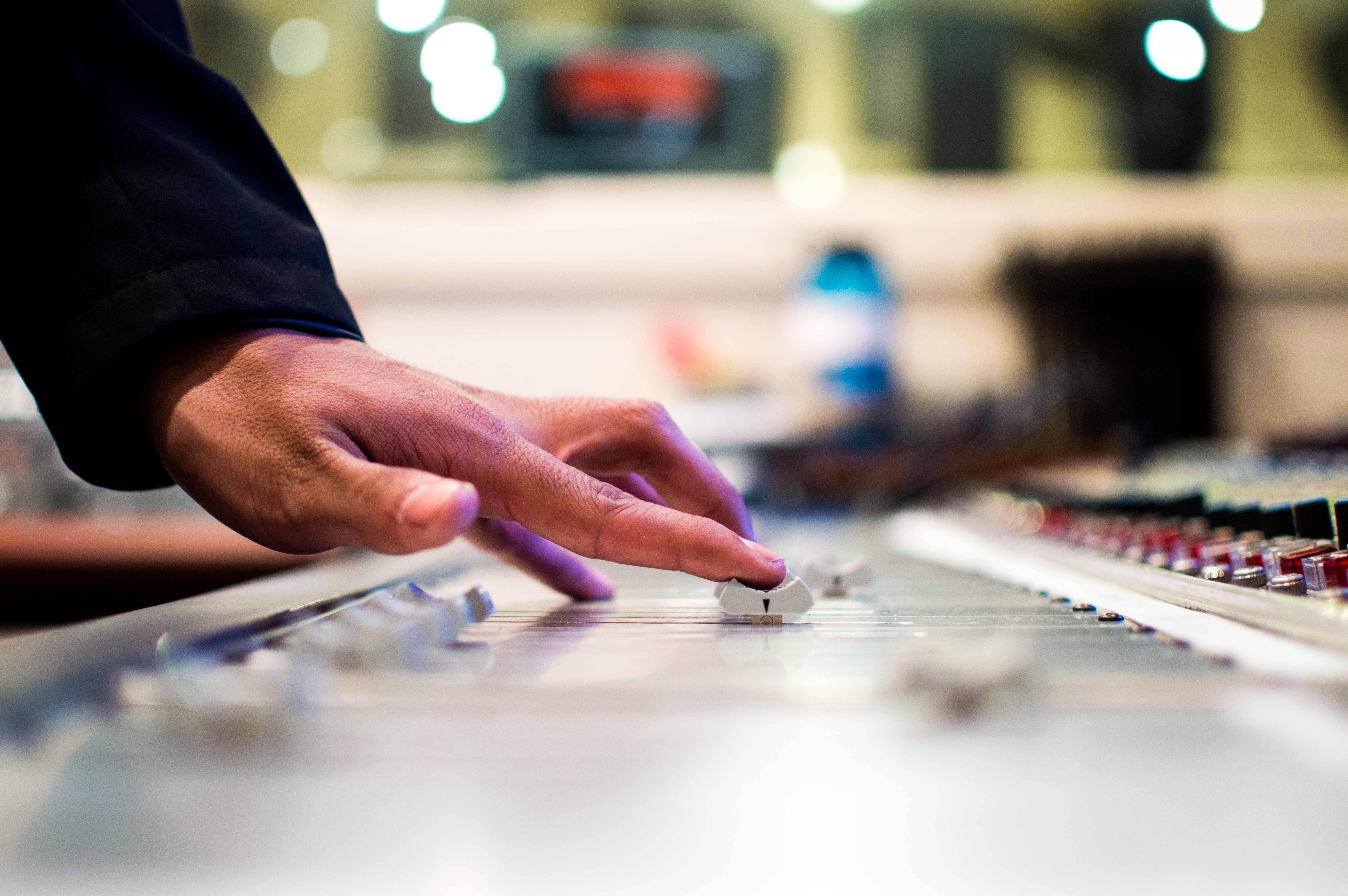
Dr. Amanda Coles from the Faculty of Business and Law at Deakin University has a background in both business and the creative industries which she believes go hand in hand.
She noted just how large the scale of this problem really is, “this is not community arts this is global media corporations making piles of money off entertainment.”
She argues that people who think the creative industries and business do not go together are not fully understanding of the nature of the enterprise.
The power imbalance is causing tension
Dr. Coles has done extensive research within the creative industries and knows that the drama around ownership of masters is not a new issue.
When looking at the Taylor Swift online outcry specifically she observed that “it’s a really old question that goes back to the beginning of recorded music. It’s a collaborative enterprise.”
There are a lot of hands that go into the creation of an album.
Dr. Coles suggests that it is in fact the power imbalance between artists and creators, and major record labels and music distributors that is causing a lot of these issues.
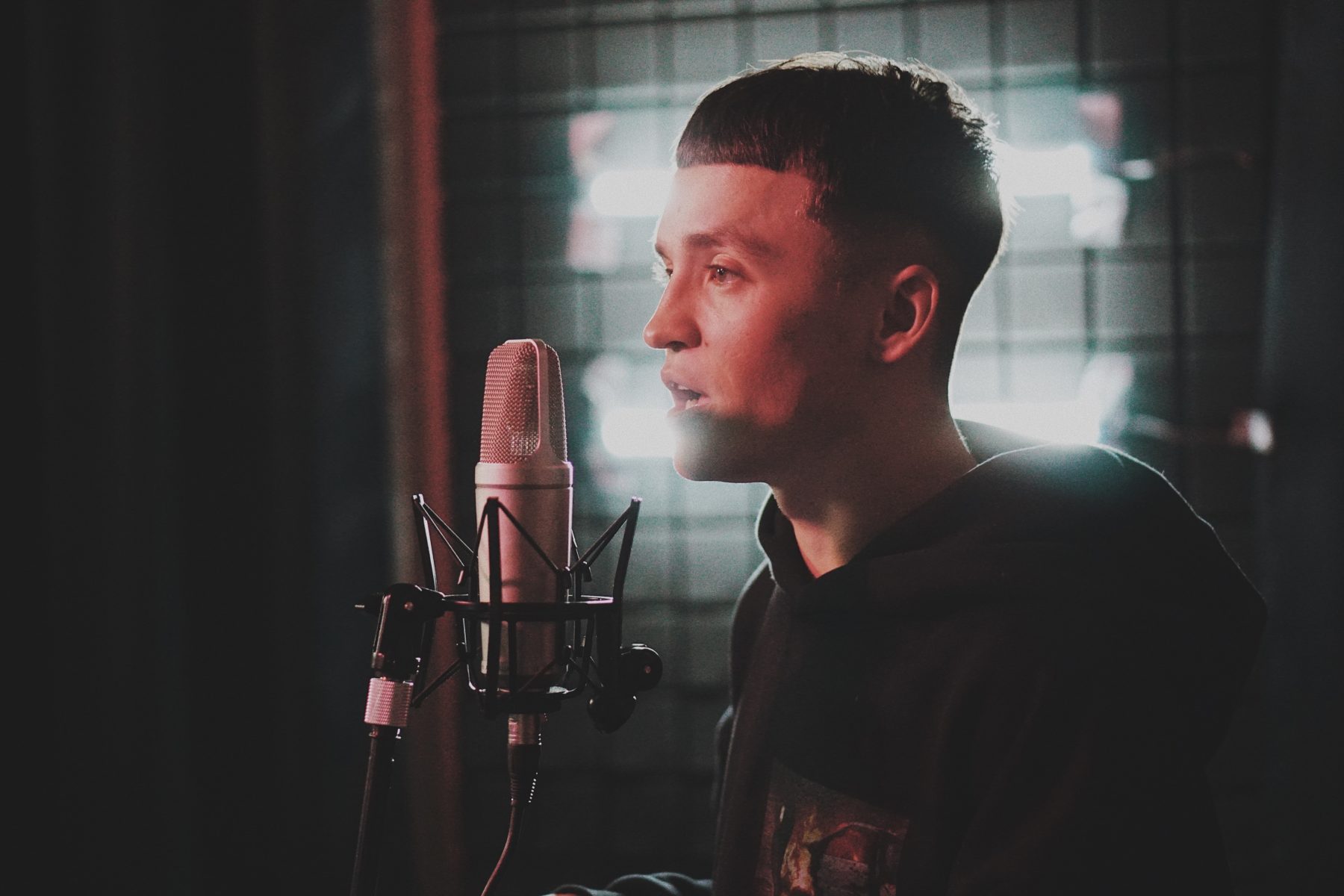
Artists and songwriters have a difficult time making money from their creative products without the help of industry gatekeepers.
“Universal music has more power than a single artist. Even one as powerful as Taylor Swift, because once upon a time she was not a famous artist.”
It has been traditional within the music industry that record companies own the masters to an artist’s songs and this is what Ms. Swift is trying to fight against.
“The power relationships are definitely not equal.”
Streaming services, helpful or a hindrance?
However, being an artist is still a job, and Ms. Swift’s job is to go into the recording studio and create content for the consumer. It is then the job of the record companies to act as a gatekeeper and make the music available to the general public.
Despite popular belief often record companies’ main goal is not to sell records, with more of a focus placed on how many hits a single / album can make on streaming services like Apple Music or Spotify.
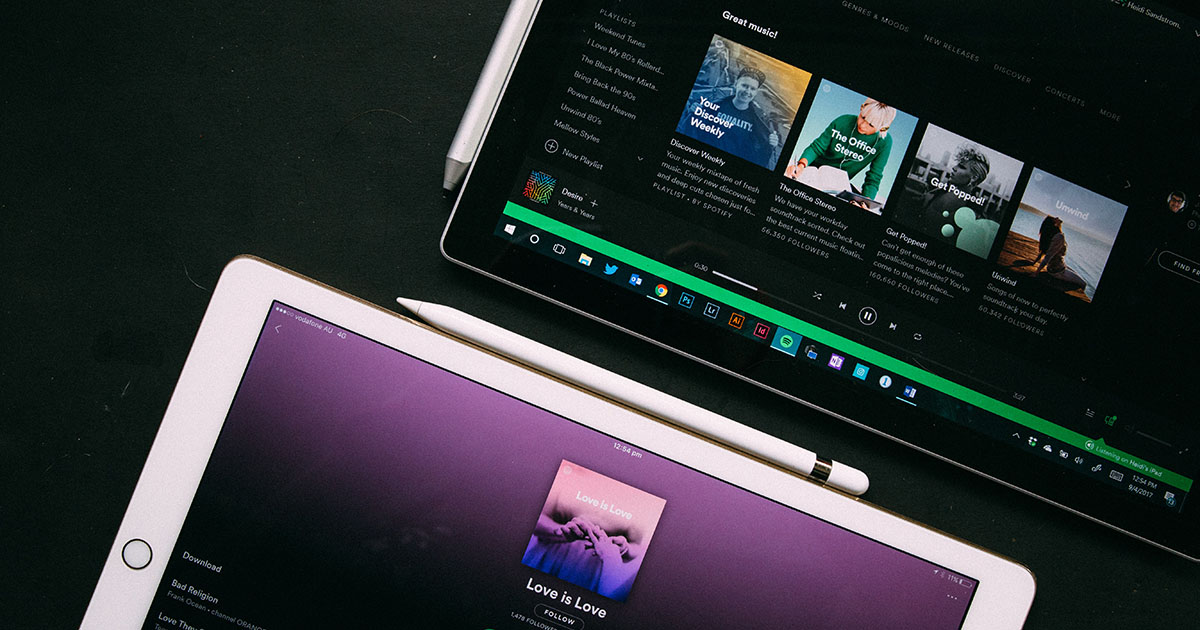
“Record companies don’t make money primarily from releasing albums now they have to try and maximise algorithmic hits on streaming services.”
Dr. Coles believes that new revenue streams in the music industry are coming with significant downsides. Artists don’t make as much money from streaming services which is causing issues, particularly when it comes to live performance.
“The money lost to streaming is being recouped in live performance which is driving up ticket prices.”
Dr. Coles explained just how drastic the jump in ticket prices has been in the last thirty years. “Ticket prices were 25-50 dollars many years ago when everyone could afford to go to concerts.”
Attending live music performances is becoming increasingly difficult as ticket prices soar to a level that everyday Australian’s are having trouble affording.
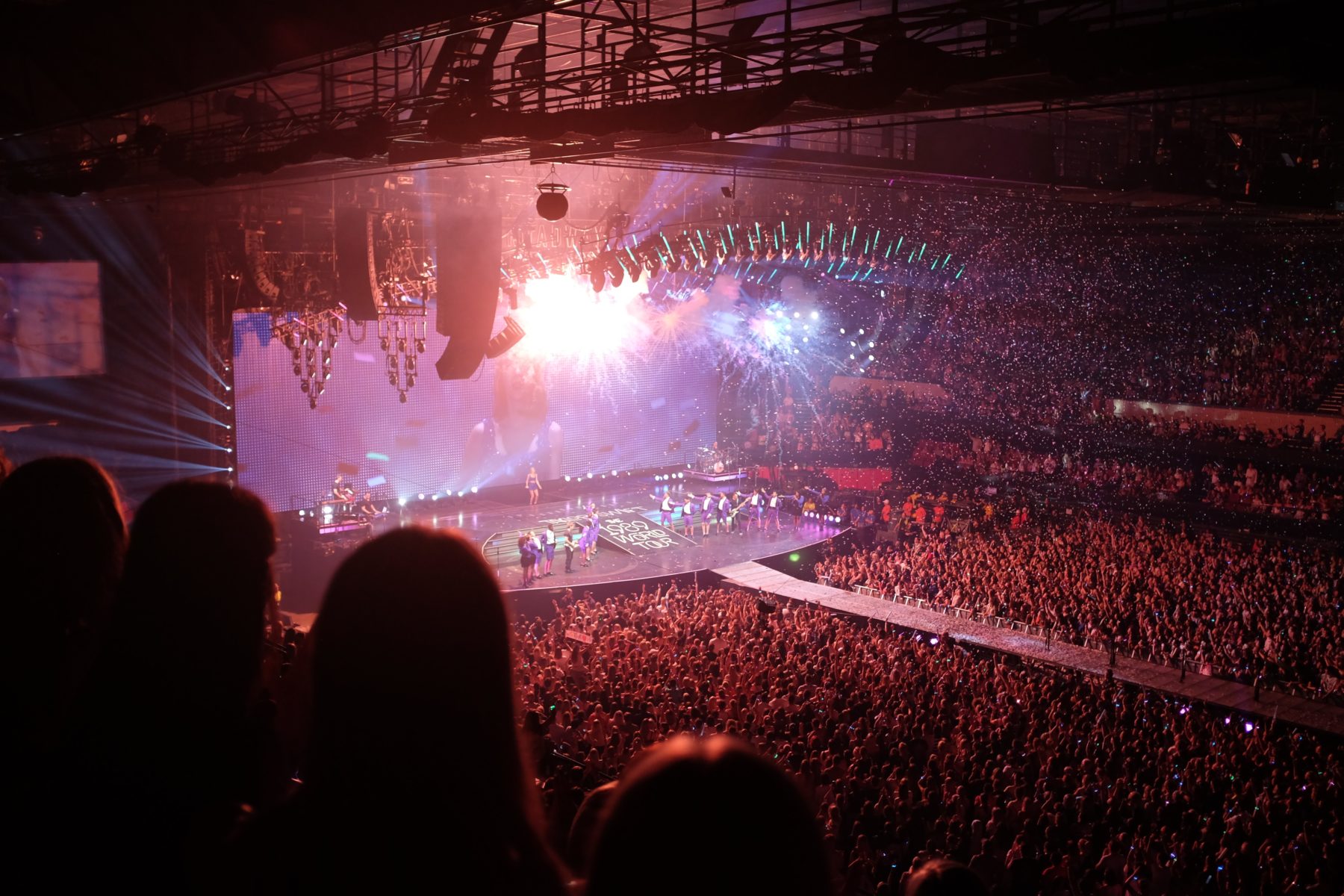
For example; Taylor Swift’s Reputation stadium tour that came to Australia in late 2018 was quite expensive. The lowest priced ticket selling at 150 dollars – for restricted view seating.
“Many people simply don’t have this kind of money lying around to go to a concert.”
Dr. Coles doesn’t believe this is how it has to be. If creatives band together to fight for equal rights there is potential for the industry to change, making the dynamic between creators and the industry fair.
“There are alternatives out there but it’s hard to take on global entertainment and media outlets. The collective power of creatives can be transformative. So I remain optimistic.”
